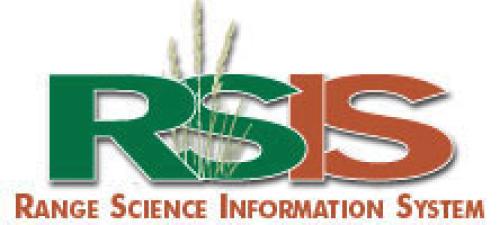White-tailed deer (Odocoileus virginianus) diet selectivity and diet digestibility was reduced, but foraging efficiency was increased, due to cattle (Bos taurus) grazing. Deer were able to more efficiently use the forbs and low-growing grasses that became available after grazing removed taller grasses. Deer preferred browse on the ungrazed units. Deer nutrition was affected more by burning than by grazing. Dietary protein, phosphorus, and calcium were not impacted by grazing. Foraging efficiency was reduced on recently burned areas compared to older burns. Overall, moderate yearlong cattle grazing had no effect on deer foraging efficiency or the nutritional quality of deer diets.

Citations and enhanced abstracts for journals articles and documents focused on rangeland ecology and management. RSIS is a collaboration between Montana State University, University of Idaho, and University of Wyoming.